If you’re planning to retire in just a few years, you may be getting excited about this next phase of your life. However, your ability to enjoy retirement fully will depend, at least partially, on the resources you can draw from your investment portfolio. So, while you still have time to act, ask yourself if you’re comfortable with your portfolio’s risk level.
Your relationship with risk can change noticeably over time. When you started saving for retirement, you may have been willing to take on more investment risk, which translated into a relatively high percentage of stocks and stock-based mutual funds in your investment portfolio. As you know, stocks offer the potential for greater returns than other assets – such as bonds and certificates of deposit (CDs) – but they are also typically more volatile and carry more risk. But when you were many decades away from retirement, you had sufficient time to recover from market fluctuations. (Of course, there are no guarantees – it’s possible that some stocks will lose value and never regain it.)
Now, fast forward to where you are now – closing in on retirement. Even at this stage of your life – and, in fact, even during your retirement – you will need some growth-oriented investments to help stay ahead of inflation. Over time, even a low inflation rate, such as we’ve had the past several years, can erode your purchasing power.
So, the issue isn’t this: “Should I get rid of all my risk?” You shouldn’t – and, in fact, you couldn’t, because all investments, even the ones considered most “conservative,” contain some type of risk, even if it isn’t the risk of loss of principal. For instance, some investments run the risk of not keeping up with inflation. Instead, ask yourself these questions: “How much risk should I take within my portfolio?” “How much risk do I actually need to achieve my goals in retirement?”
Of course, there are no one-size-fits-all answers. You’ll need to look at your investment portfolio to see if it’s positioned to provide you with the income you’ll require in your retirement years. You might have initially based your financial strategy on a specific type of retirement lifestyle, but now that you’re nearing retirement, perhaps you’ve changed your mind. Your anticipated new lifestyle might require either more or less income than you had originally projected – and if that’s the case, you may need to adjust the risk level in your portfolio or make other adjustments.
For example, suppose you had initially envisioned a rather quiet retirement, sticking around your home, volunteering and spending time with your grandchildren. But in recent years – and especially since the confinement many of us have felt during the COVID-19 pandemic – you may have thought that you’d now like to travel extensively. To achieve this goal, which will likely cost more than your original one, you may have to work longer, or invest more each year until you retire, or seek a higher return on your investments – which means accepting more risk.
As you can see, managing risk is a balancing act – and you may need to make some tough choices. But as long as you’re aware of how much risk you can take, and how much risk you may need to take to reach your goals, you can develop a strategy that aligns with your objectives.
This article was written by Edward Jones for use by your local Edward Jones Financial Advisor. Edward Jones, Member SIPC

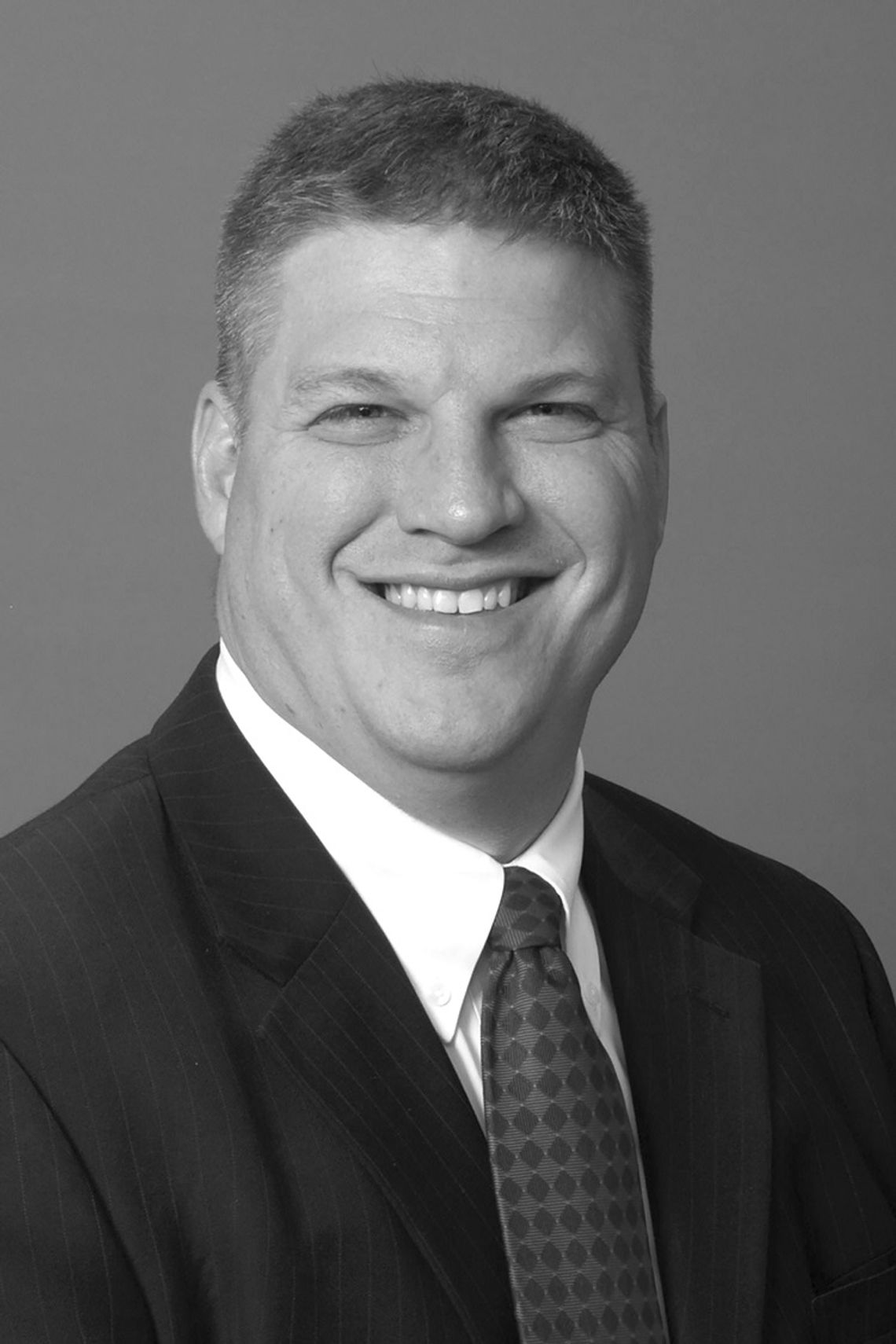

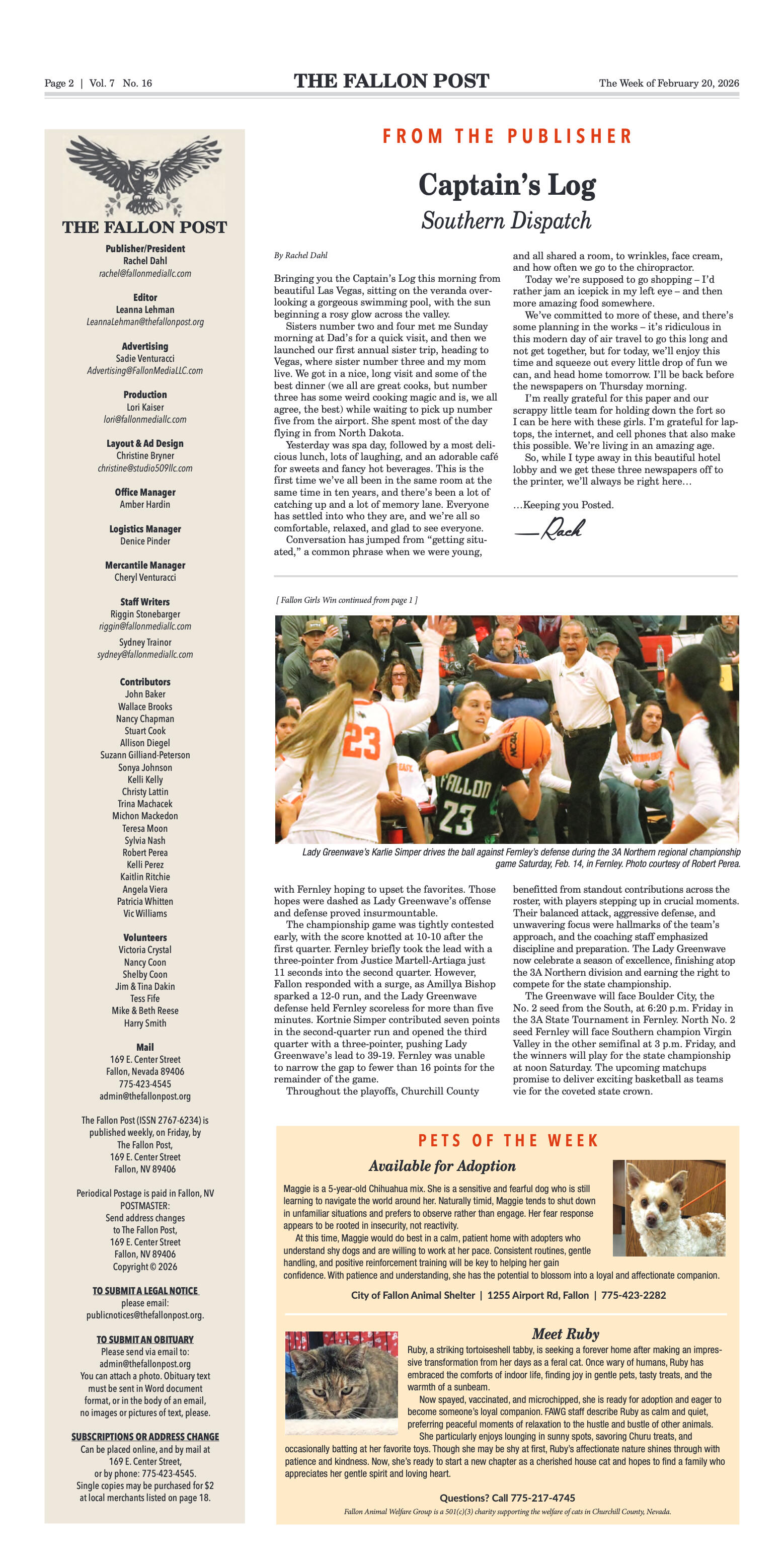

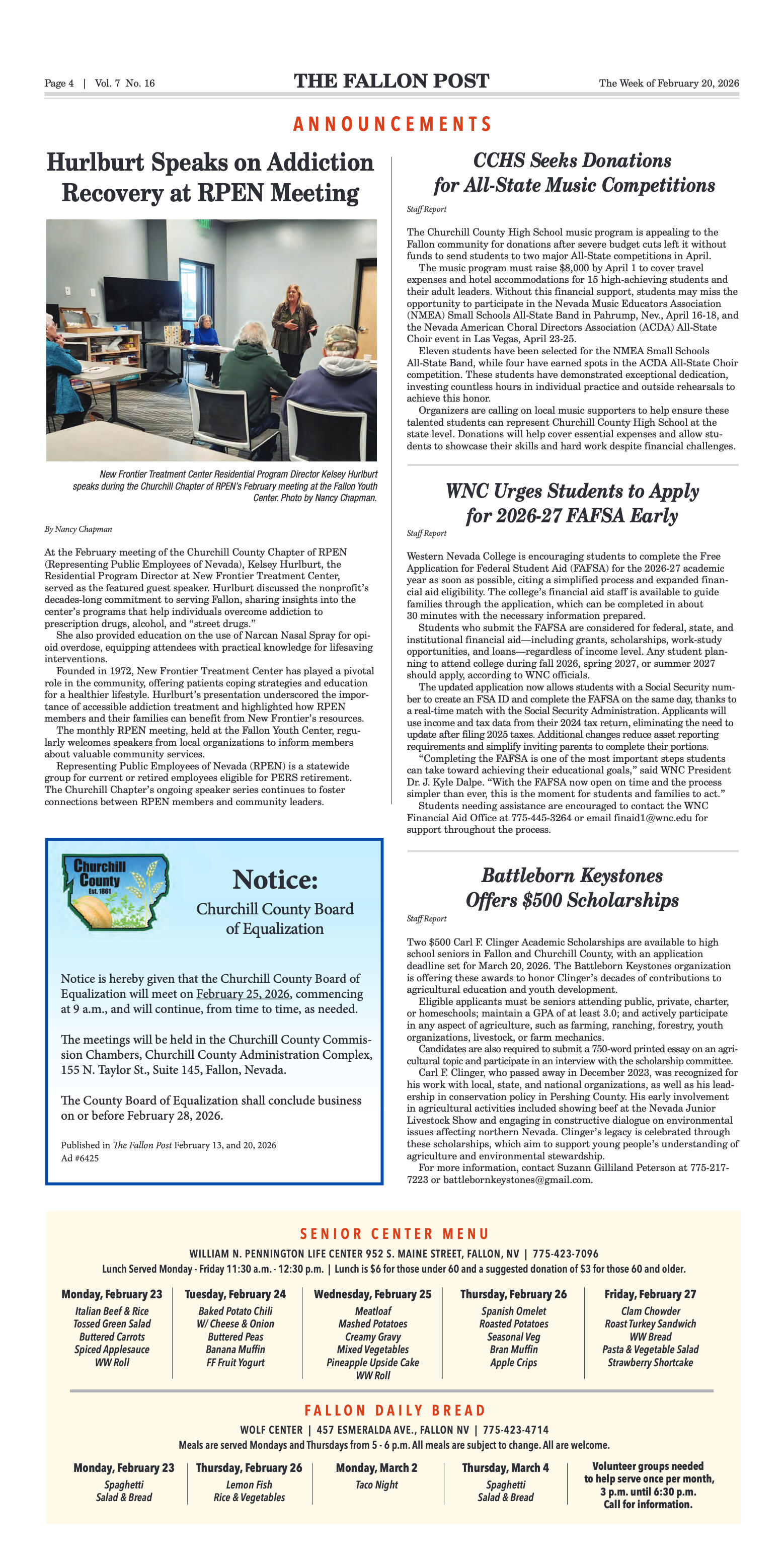
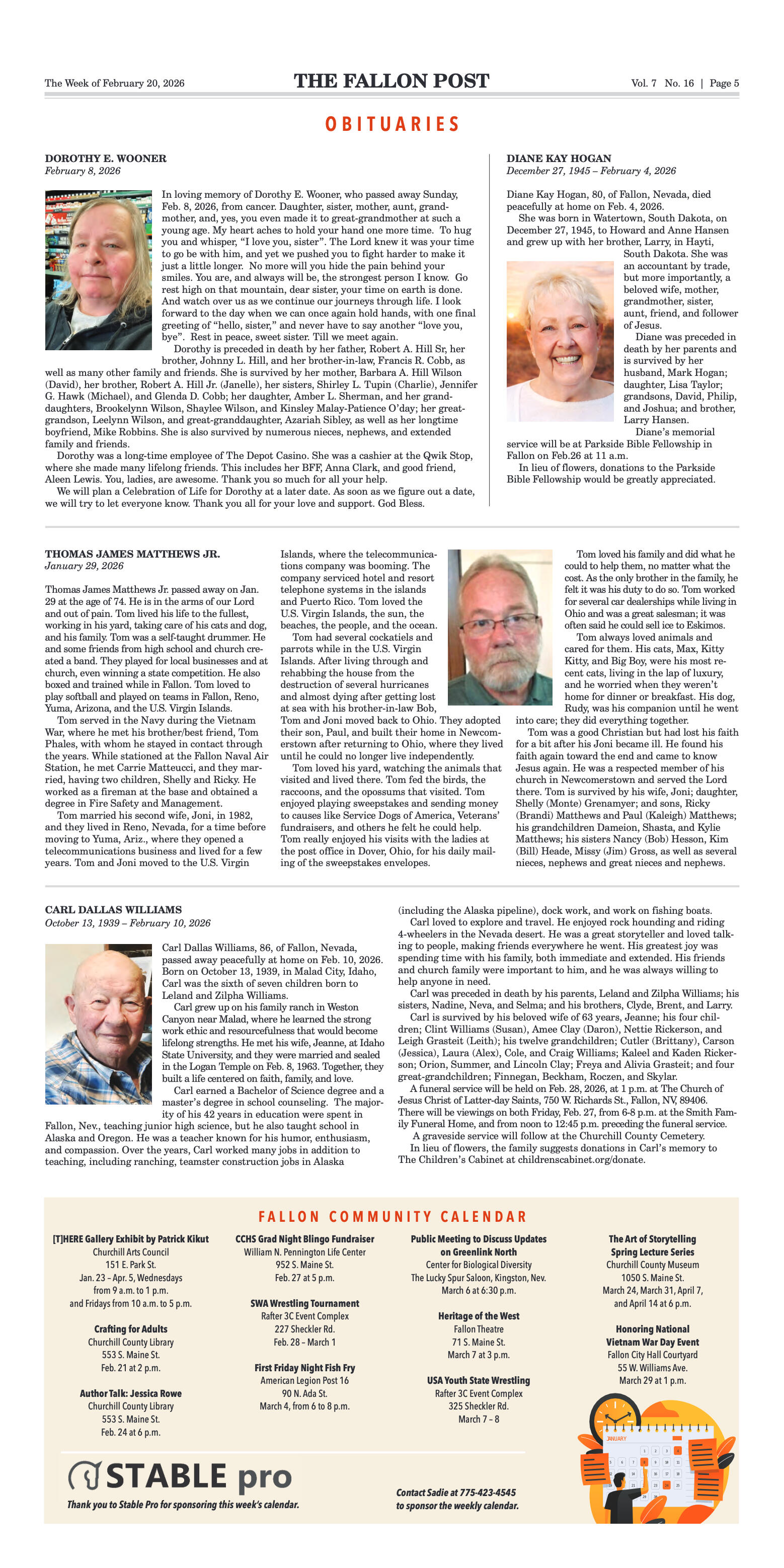
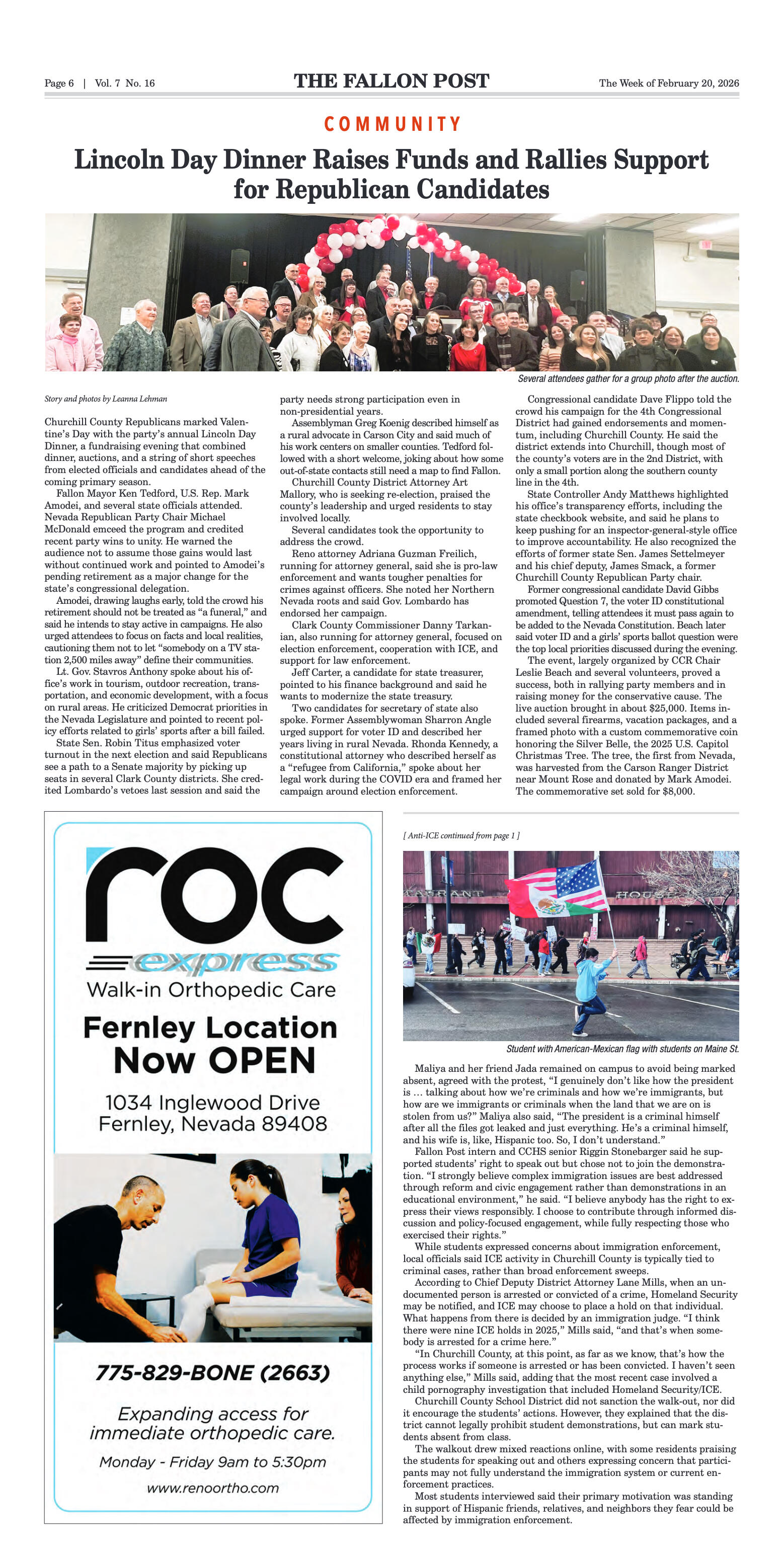


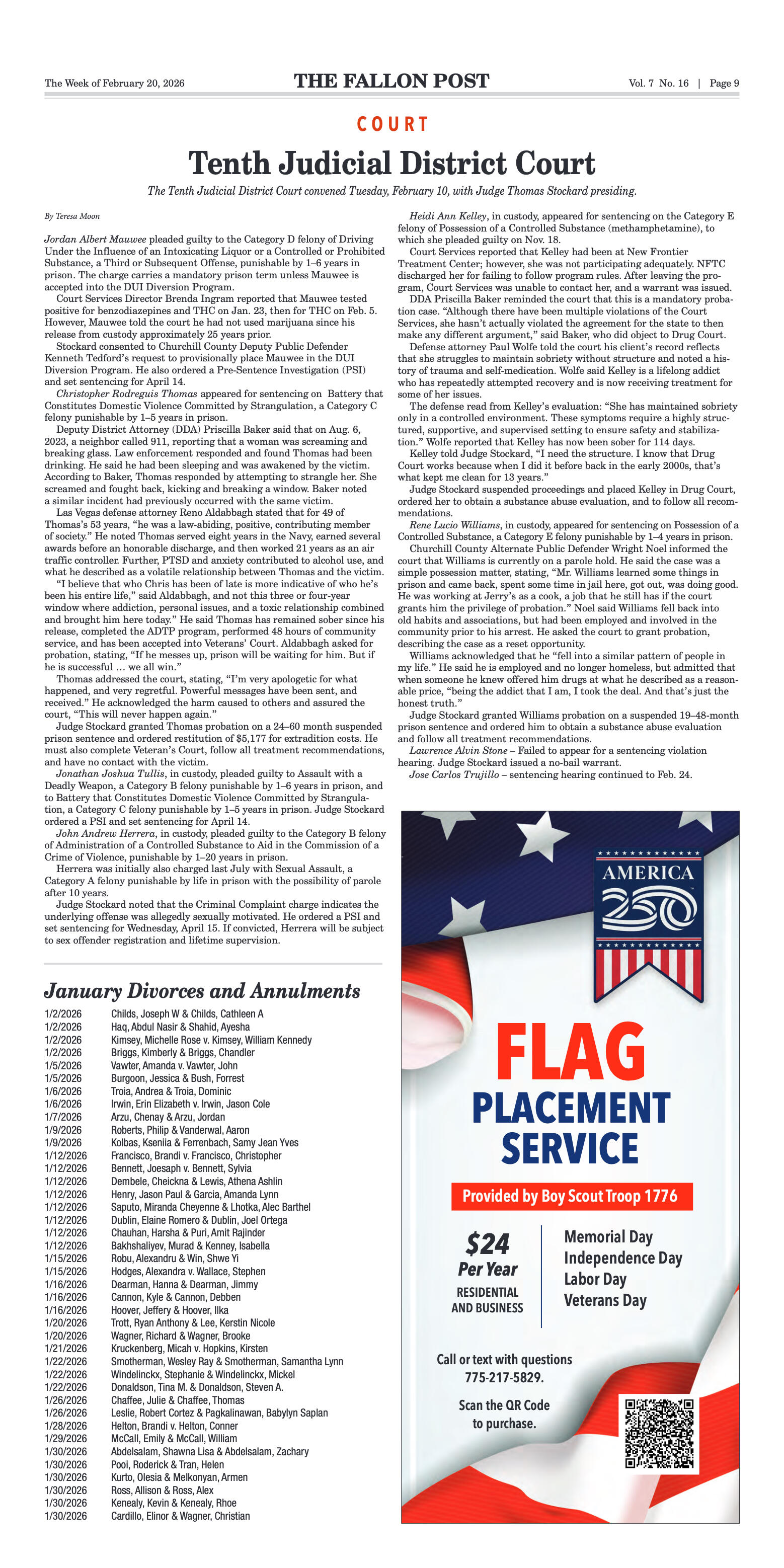






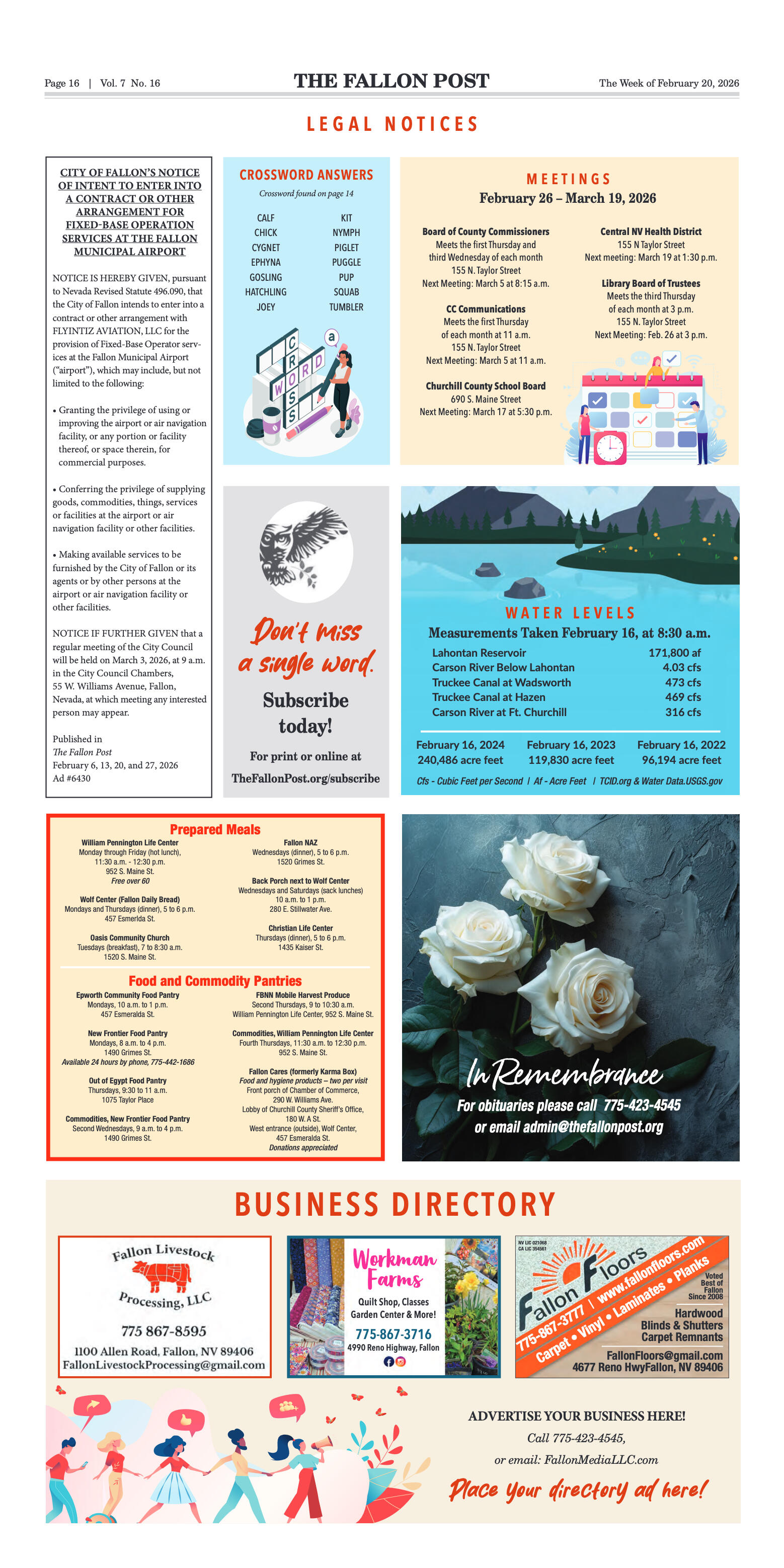


























Comment
Comments